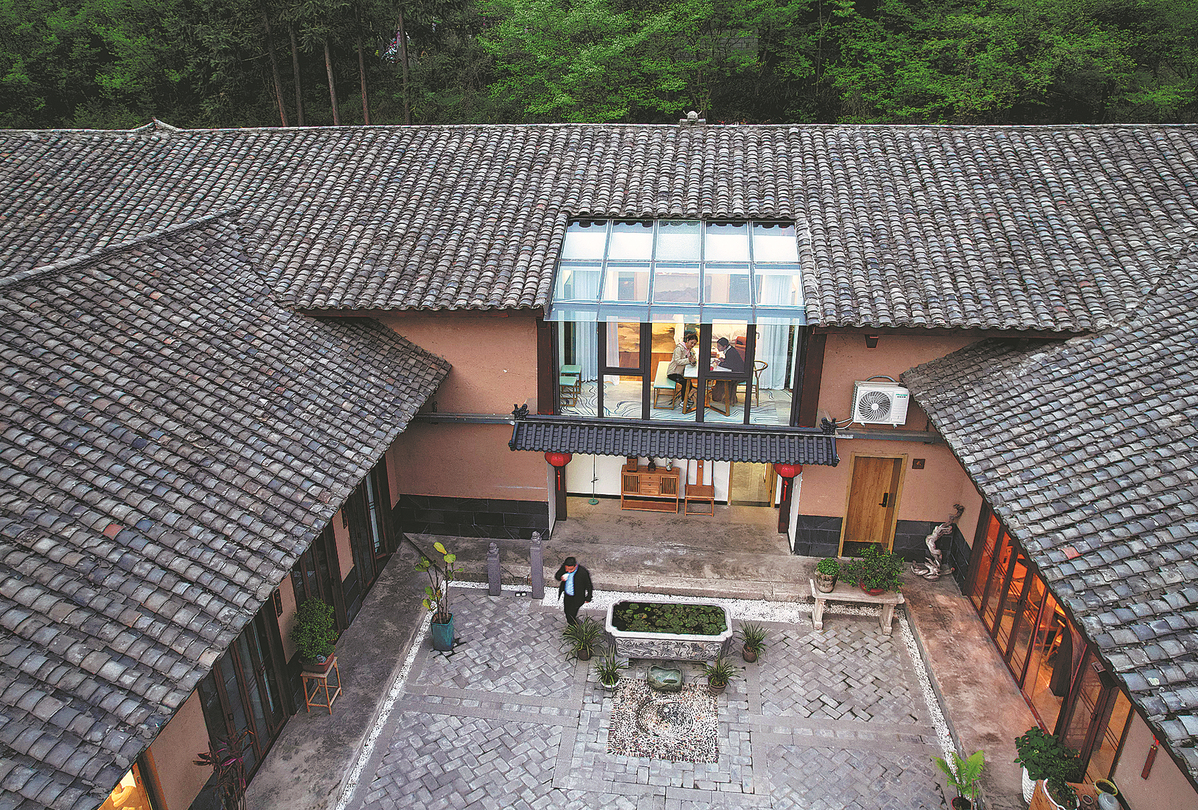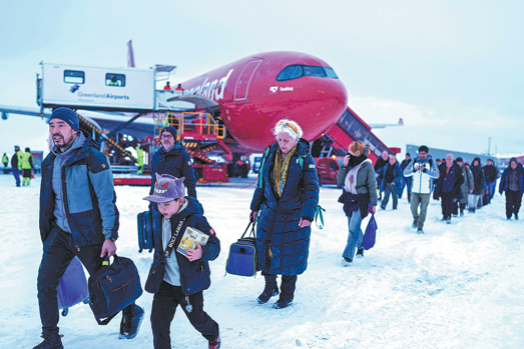Village resorts appeal to diversified travel demand
By ZHU WENQIAN | China Daily | Updated: 2022-11-04 09:31

Trip.com Group, China's largest online travel agency, signed an agreement with the local government of Yangcheng county, Shanxi province, in late September. The two sides plan to build a new village resort in the region and develop it into a demonstration project for high-end rural homestay businesses.
By 2025, Trip.com plans to build 100 high-end village resorts in the country to attract more urban tourists, and the company launched its rural tourism revitalization strategy last year.
"The fast growth of the rural tourism market has fueled the development of related businesses such as hotels, camping and some rural cultural events," said Xie Xiaoqing, a senior researcher at the research institute of Trip.com.
Currently, Trip.com operates 10 such rural resorts nationwide located in Anhui, Hunan, Henan and Jiangxi provinces, the Guangxi Zhuang autonomous region and the Xinjiang Uygur autonomous region.
The company established its first village resort in China in Jinzhai county, Anhui. In the first six months of this year, the county saw its travel income increase 40 percent year-on-year. The village resort has helped raise the local employment rate and enabled villagers to find jobs near their homes.
Zhang Jingfang, 46, has been a chef working at a village resort of Trip.com in Anhui province. Previously, she had been doing various part-time jobs in major cities to support her impoverished family before she began to work at the village resort last year.
"The job has helped me increase my income significantly, and I have been enjoying doing the work. It only takes less than 20 minutes for me to ride a bike from home to the workplace, which is quite convenient," Zhang said.
Meanwhile, Tuniu Corp, a Nanjing-based online travel agency, launched its first rural homestay resort in suburban Tianjin, and the bed-and-breakfast homestay opened for business in May 2021.
Zhao Yonggang, a staffer at the Tianjin homestay, said that due to the COVID-19 pandemic, the homestay suspended operations for a period of time, but staff members continued to promote the brand through short video social media platforms and livestreaming sessions.
"Income from being a homestay steward has been more competitive than many other jobs in the sector locally. Fueled by the popularity of rural tourism, the B&B market is expected to generate a large number of new jobs, and the employment threshold will also be raised," Zhao said.
























